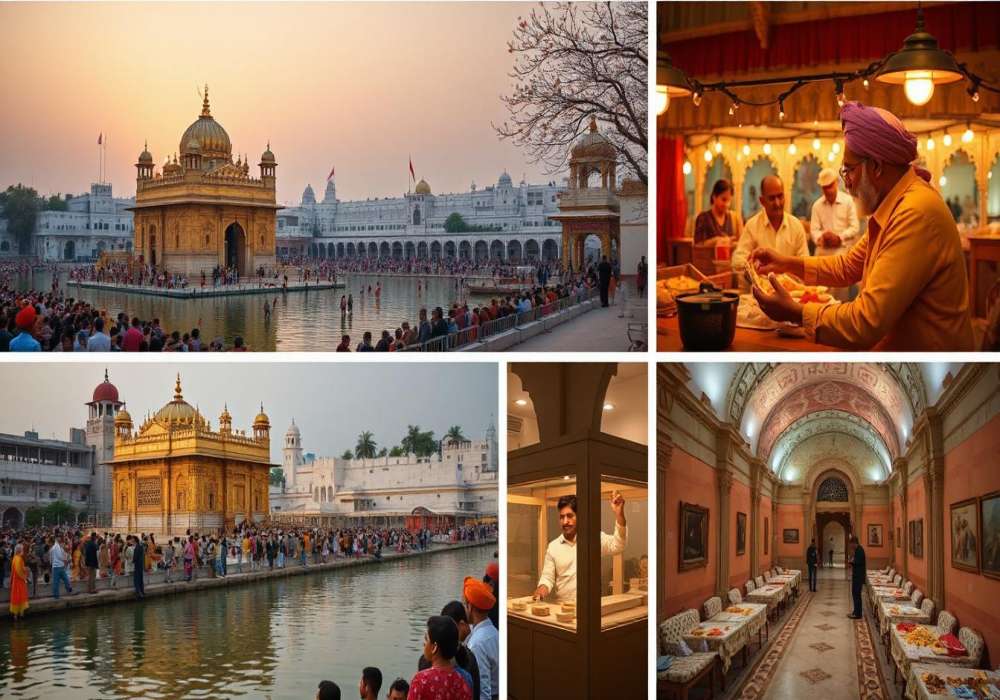
Last Updated At: 09-Jul-2025
12 Best Things To Do In Amritsar - Activities list with Location
Amritsar, a vibrant city in the heart of Punjab, India, is a mosaic of rich history and culture. Renowned for the majestic Golden Temple, the city is a confluence of spiritual serenity and bustling urban life. The best time to visit is between November and March when the weather is pleasantly cool, ideal for exploring. Easily accessible from major transportation hubs, Amritsar offers a blend of historical landmarks and culinary delights. The city caters to all whether you're seeking a budget-friendly adventure or a luxurious escape.
One of the prime things to do in Amritsar is to immerse yourself in its unique legacy. A day in this city can be spent marvelling at the intricate architecture of the Golden Temple, experiencing the vibrant Punjabi culture, and relishing authentic local cuisine. The city's history is etched in its streets and monuments, resonating with past stories. With myriad activities, from exploring ancient forts to shopping in bustling bazaars, a few days in Amritsar promise a fulfilling experience. Continue to read and plan your perfect Amritsar itinerary!
List Of 12 Best Things To Do In Amritsar
Amritsar, located in the Indian state of Punjab, is rich in history, culture, and spirituality. Here are some historical sites to visit in Amritsar:
- Golden Temple (Harmandir Sahib): Holiest Site in Sikhism
- Jallianwala Bagh: Holds Historical Significance
- Wagah Border Ceremony: Elaborate and Energetic Event
- Akal Takht: Located in the Golden Temple Complex
- Partition Museum: Provides Insights Into the Tragic Events
- Ram Bagh: Take a Leisurely Stroll
- Gobindgarh Fort: Played a Crucial Role in the History of Punjab
- Durgiana Temple: Referred to as the "Silver Temple"
- Heritage Street (Galiara): Renovated Area Near the Golden Temple
- Mandir Mata Lal Devi: Unique Temple With a Colourful Interior
- Guru Ke Mahal : Historical Gurudwara Associated With Guru Hargobind Sahib
- Shopping at Hall Bazaar: Shop for Traditional Punjabi Items
1. Golden Temple (Harmandir Sahib): Holiest Site in Sikhism
Visit the Golden Temple, the holiest site in Sikhism. Marvel at its stunning architecture, partake in the spiritual ambience, and experience the community kitchen (langar) that serves thousands of people daily free meals. The Golden Temple is considered the holiest shrine in Sikhism. It is a central religious place for Sikhs and attracts millions of visitors and pilgrims worldwide.
- Top attractions: Jallianwala Bagh, Wagah Border Ceremony, Akal Takht
- Best time to visit: October to March
2. Jallianwala Bagh: Holds Historical Significance
Explore Jallianwala Bagh, a public garden that holds historical significance due to the tragic Jallianwala Bagh massacre in 1919. The Amritsar sightseeing tours have a memorial and a museum. Jallianwala Bagh is a public garden that is infamous for the Jallianwala Bagh Massacre that took place on April 13, 1919. On that day, British troops fired on a large gathering of unarmed civilians who had assembled to protest against oppressive laws. The massacre was a tragic event in Indian history and played a role in the independence movement.
- Top attractions: Memorial Well, Martyrs' Gallery, Flame of Liberty
- Best time to visit: October to March
3. Wagah Border Ceremony: Elaborate and Energetic Event
Attend the Wagah Border Ceremony, a daily military ceremony held at the India-Pakistan border. The elaborate and energetic event marks the closing of the border gates. The Wagah Border Ceremony is a daily military ceremony at the Wagah Border, which separates India and Pakistan. It is known for its elaborate and synchronised drills by India's Border Security Force and Pakistan Rangers. High kicks, aggressive posturing, and the lowering of the flags of both countries characterise the ceremony.
- Top attractions: Beating Retreat Ceremony, Patriotic Atmosphere, Grandstand View
- Best time to visit: October to March
4. Akal Takht: Located in the Golden Temple Complex
Visit Akal Takht, one of the five Takhts in Sikhism, located in the Golden Temple complex. It is the highest temporal seat of the Sikhs. Akal Takht, meaning the Throne of the Timeless One, is one of the five Takhts (seats of power) of Sikhism. It is located in the Golden Temple complex in Amritsar. Akal Takht serves as the supreme temporal and Amritsar off the beaten path for Sikhs and addresses issues affecting the Sikh community. Guru Hargobind, the sixth Guru of Sikhism, established it.
- Top attractions: Akal Takht Building, Historical Significance, Architectural Features
- Best time to visit: October to March
5. Partition Museum: Provides Insights Into the Tragic Events
Explore the Partition Museum, which provides insights into the tragic events of the partition of India in 1947. It showcases personal stories, Amritsar cultural events calendar, and artefacts. The Partition Museum is dedicated to documenting the history and experiences of the Partition of British India in 1947. It provides a comprehensive understanding of the traumatic events that led to the creation of India and Pakistan and the resulting mass migrations and communal violence. The museum houses artefacts, oral histories, and personal stories to convey the human impact of the partition.
- Top attractions: Exhibits, Artefacts, Documents
- Best time to visit: October to March
6. Ram Bagh: Take a Leisurely Stroll
Take a stroll in Ram Bagh, a beautiful garden laid out by Maharaja Ranjit Singh. The garden houses a summer palace and a museum. Ram Bagh, or Company Bagh, is a historical garden in Amritsar. It was laid out by Maharaja Ranjit Singh, the founder of the Sikh Empire, in the 19th century. The garden is named after Guru Ram Das, the fourth Guru of Sikhism.
- Top attractions: Maharaja Ranjit Singh Panorama, Lush Gardens
- Best time to visit: October to March
7. Gobindgarh Fort: Played a Crucial Role in the History of Punjab
Visit Gobindgarh Fort, a historic fort that played a crucial role in the history of Punjab. The fort has museums, exhibitions, and live performances. Gobindgarh Fort is a historic fort located in the heart of Amritsar. It was originally built by Gujar Singh, a Chieftain of the Bhangi Misl, in the late 18th century. The fort has witnessed significant events in Indian history and has been used by various rulers.
- Top attractions: Fort Architecture, Museum within the Fort, Light and Sound Show
- Best time to visit: October to March
8. Durgiana Temple: Referred to as the "Silver Temple"
Explore the Durgiana Temple, a Hindu temple often called the "Silver Temple" due to its silver doors. It is dedicated to Goddess Durga. Also known as the Lakshmi Narayan Temple, the Durgiana Temple is a Hindu temple in Amritsar. It is dedicated to Goddess Durga, and its architecture is reminiscent of the Golden Temple. The temple complex also houses other shrines dedicated to various Hindu deities.
- Top attractions: Main Shrine, Architecture, Surrounding Temples
- Best time to visit: October to March
9. Heritage Street (Galiara): Renovated Area Near the Golden Temple
Walk along Heritage Street, a recently renovated area near the Golden Temple. It features shops, eateries, and traditional performances. Heritage Street, Galiara, is a beautifully designed pedestrian street leading to the Golden Temple. It is lined with shops, eateries, and cultural attractions, creating a vibrant and festive atmosphere.
- Top attractions: Vibrant Atmosphere, Shopping, Cultural Performances
- Best time to visit: October to March
10. Mandir Mata Lal Devi: Unique Temple With a Colourful Interior
Visit Mandir Mata Lal Devi, a unique temple with a colourful interior dedicated to the goddess Lal Devi. It attracts visitors for its distinctive architecture. Mata Lal Devi Mandir is a Hindu temple in Amritsar dedicated to Mata Lal Devi, believed to have possessed spiritual powers. The temple is known for its intricate and colourful architecture, and it attracts devotees seeking blessings and spiritual solace.
- Top attractions: Architecture of Mata Lal Devi Temple, witness devotees, Tunnel Experience
- Best time to visit: October to March
11. Guru Ke Mahal : Historical Gurudwara Associated With Guru Hargobind Sahib
Explore Guru Ke Mahal, a historical gurudwara associated with Guru Hargobind Sahib, the sixth Sikh Guru. It is located in the vicinity of the Golden Temple. Guru Ke Mahal is a historical site in Amritsar associated with Guru Hargobind, the sixth Guru of Sikhism. It is believed to be the residence of Guru Hargobind and his family. The mahal (palace) is characterised by its traditional architecture and is an important pilgrimage site for Sikhs.
- Top attractions: sixth Sikh Guru, aesthetics of the Sikh Gurus, Religious Artefacts
- Best time to visit: October to March
12. Shopping at Hall Bazaar: Shop for Traditional Punjabi Items
Shop for traditional Punjabi items, including Phulkari embroidery, Punjabi juttis (shoes), and handicrafts at Hall Bazar. Hall Bazaar is one of the best shopping markets in Amritsar, known for its vibrant atmosphere and a wide range of shops selling various goods. You can find traditional Punjabi items, textiles, handicrafts, jewellery, spices, and more here. It's a great place for shopping for souvenirs and local products and experiencing the lively local culture.
- Top attractions: Spices, phulkari embroidery, juttis, textiles, and handicrafts
- Best time to visit: October to March
These activities provide a diverse and enriching experience of Amritsar's culture, history, and best food and restaurants in Amritsar. Check for any travel advisories or restrictions before planning your visit. If you are considering a trip to Amritsar, October through March are ideal. This is the ideal time to visit Amritsar and take in everything it offers. Stay clear of Amritsar in July and August during the rainy season.
As you travel, we hope Amritsar continues to inspire and amuse you. These alluring Amritsar activities will undoubtedly make your trip exciting and pleasant. So prepare for an amazing time by packing light, choosing dates, and organising your vacation to Amritsar!
Plan your trip with Adotrip today. Enjoy a wealth of information, end-to-end travel assistance and BOOK Flights, Hotels, and Tour Packages under one roof with Adotrip.
Read More: Places To Visit In Amritsar
With us, nothing is far!
Frequently Asked Questions About Things to Do in Amritsar
Q1. What are the top attractions to visit in Amritsar?
A1: Here are the top attractions to visit in Amritsar:
- Golden Temple (Harmandir Sahib): The holiest shrine in Sikhism, renowned for its stunning architecture and spiritual significance.
- Jallianwala Bagh: A historical garden with a memorial commemorating the Jallianwala Bagh Massacre of 1919.
- Wagah Border Ceremony: Experience the vibrant and patriotic atmosphere at the daily border closing ceremony between India and Pakistan.
- Akal Takht: One of the five Takhts of Sikhism, located within the Golden Temple complex.
- Gobindgarh Fort: Explore this historic fort, an important military structure in Amritsar.
- Durgiana Temple: A Hindu temple dedicated to Goddess Durga, featuring impressive architecture.
Q2. Can you recommend some authentic food experiences in Amritsar?
A2. Following are some places that you can visit:
- Langar at the Golden Temple: Partake in the community kitchen's free meal service, showcasing the Sikh principles of equality and selfless service.
- Amritsari Kulcha: Enjoy the local version of stuffed bread, often served with chole (chickpea curry).
- Amritsari Fish: Savour deep-fried fish, a popular local delicacy.
- Makki di Roti and Sarson da Saag: Try the traditional Punjabi dish made with cornbread and mustard greens.
- Lassi: Quench your thirst with a refreshing glass of traditional Punjabi lassi.
Q3. What are the best cultural and religious sites in Amritsar?
A3. Here are the best cultural and religious sites in Amritsar:
- Guru Ke Mahal: Associated with Guru Hargobind, it's a historical site with cultural significance.
- Mandir Mata Lal Devi: A colourful Hindu temple in Amritsar.
Q4. Are there any special events or festivals in Amritsar worth attending?
A4. Vaisakhi: Celebrated in April, it marks the Sikh New Year and the formation of the Khalsa.
Q5. What are the popular things to do near the Golden Temple in Amritsar?
A5. Popular Things to Do Near the Golden Temple:
- Heritage Street (Galiara): Explore the vibrant street leading to the Golden Temple, lined with shops and eateries.
- Shopping at Hall Bazaar: Experience the local markets and purchase traditional Punjabi items.
- Meditation at the Golden Temple: Spend quiet moments by the sacred pool or inside the Golden Temple complex.
- Visit the Akal Takht: Learn about the spiritual and temporal authority in Sikhism.
--- Published By Adotrip
Latest Blogs

Cash in the Wild: My Safari Adventure Across Kenya with Only...

One Day Picnic Spot Near Pune - Adventure, Trekking and Natu...

One Day Picnic Spots Near Mumbai - Monsoon, Adventure, Beach...

The Best Places to Go in Thailand in 2025
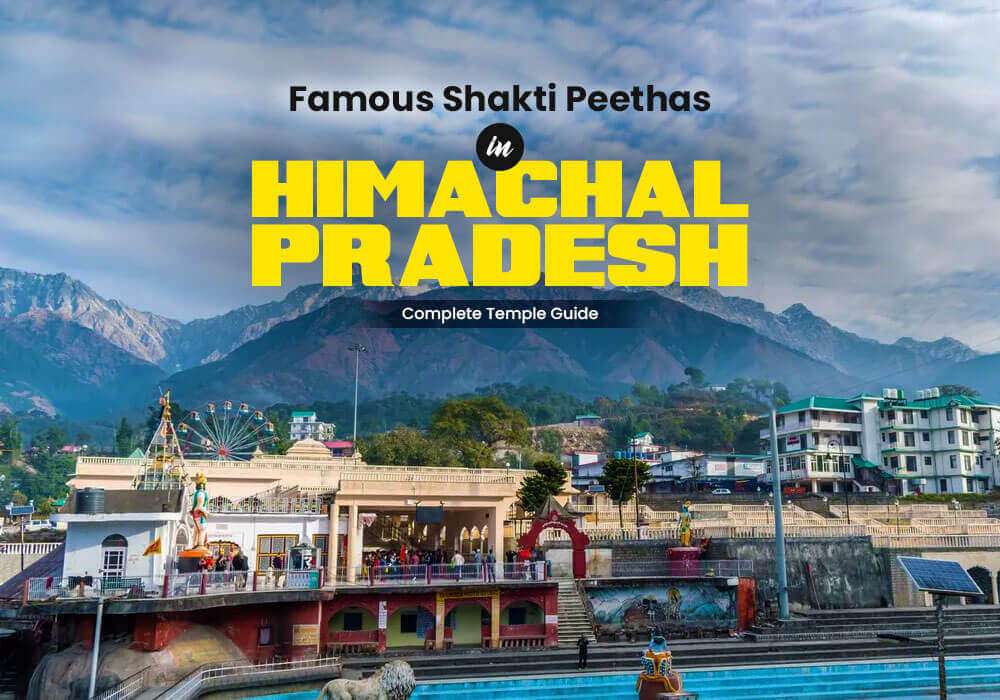


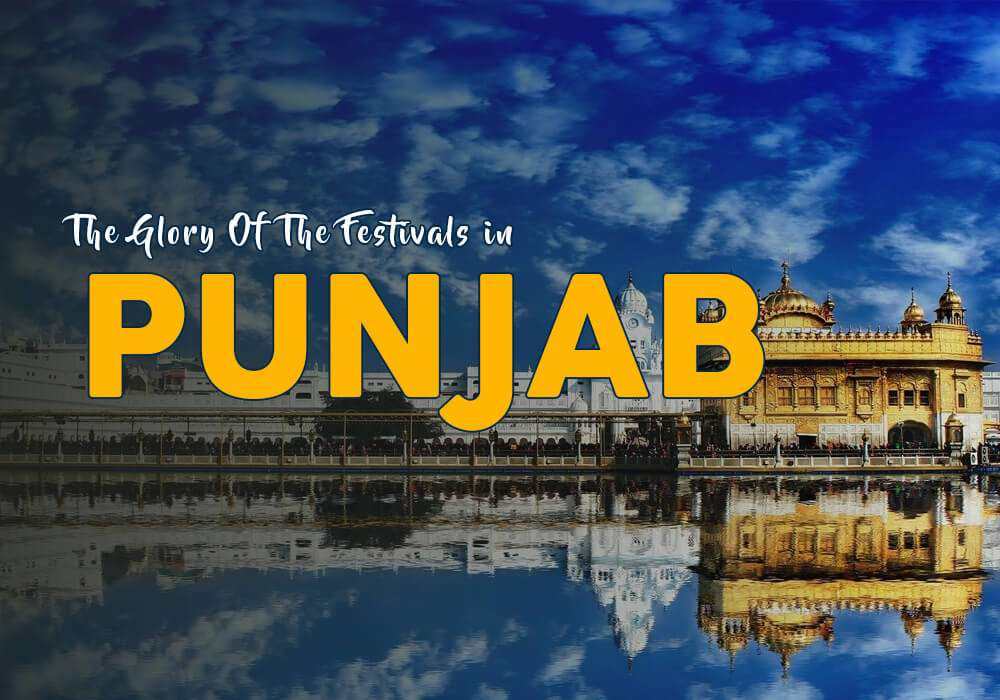



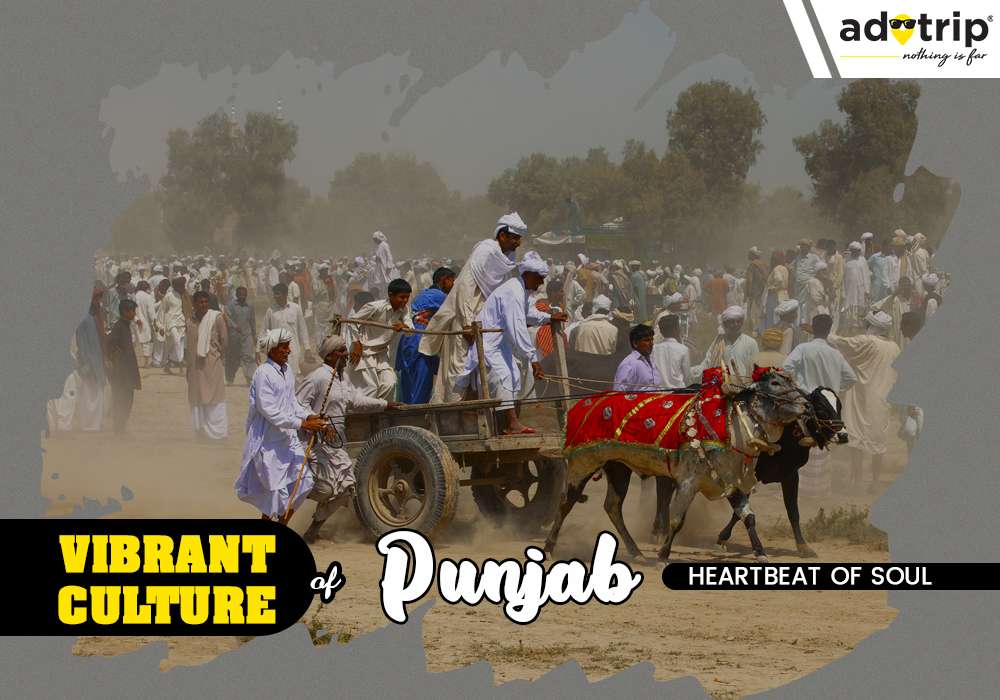

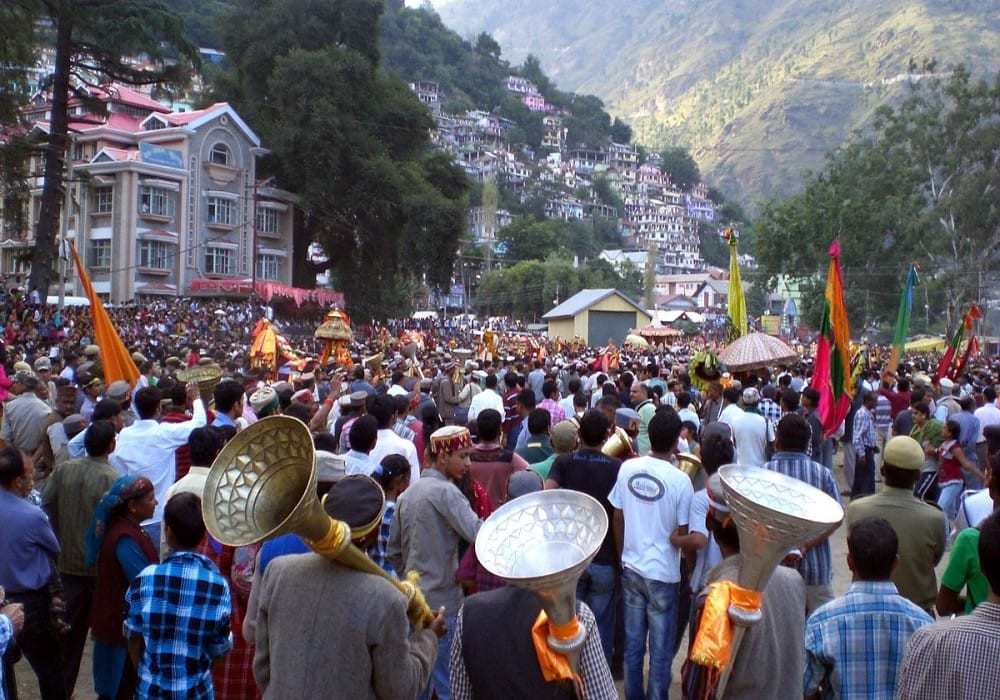


.jpg)
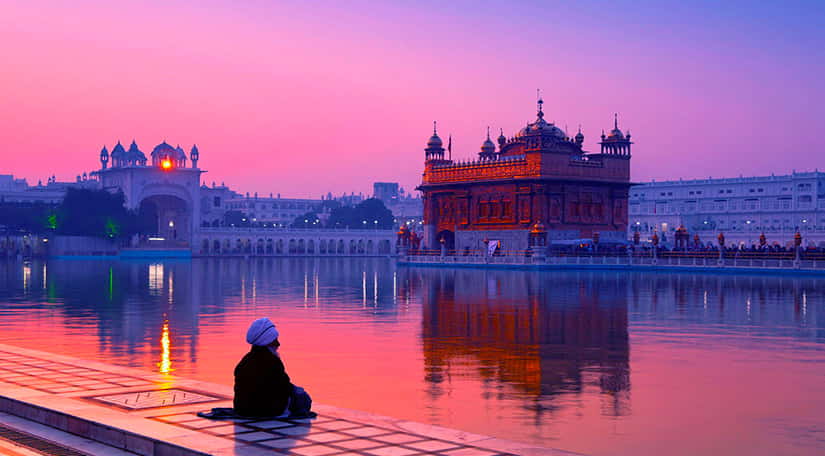
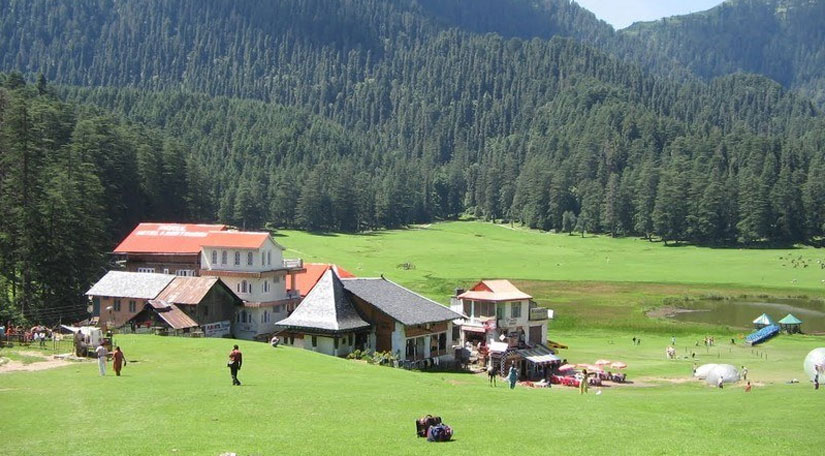
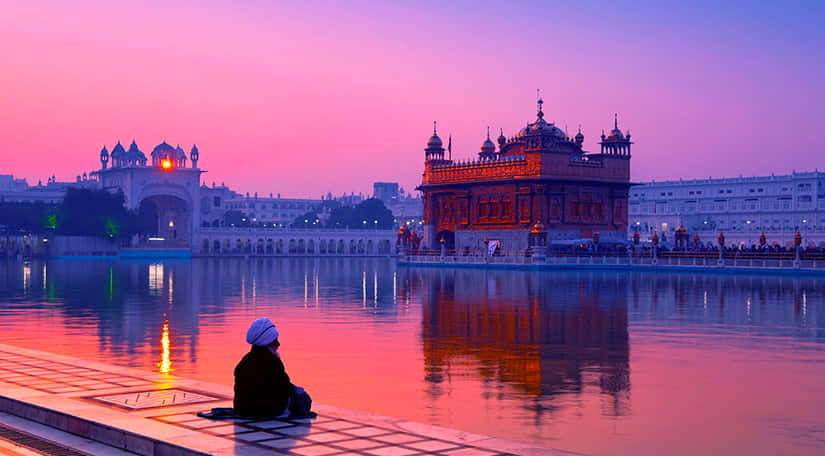
 Dubai
Dubai Malaysia
Malaysia USA
USA





